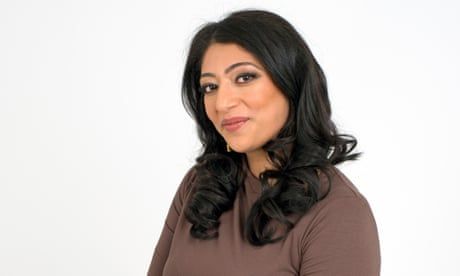
A young academic travels to Iraq to help a British Asian who joined IS at 15, in this rollicking account of a UN deradicalisation programme
Questions around our individual and collective beliefs, and the consequences of holding them close to our hearts, form the basis of Nussaibah Younis’s stinging and entertaining debut novel. Nadia is a lecturer in criminology at UCL whose latest academic article on Islamic State brides has garnered global attention. Now the UN has its eyes on her. Her research, which asks questions such as, “What’s the appropriate punishment for IS brides who didn’t commit any violent crimes?”, “Can we detain people just because of their beliefs?” and “Should we try to change their beliefs?”, takes her to Iraq, where she’s tasked with leading a UN deradicalisation organisation: UNDO. But, she discovers, “half the UN doesn’t believe in deradicalisation”.
Escaping a “juvenile heartbreak” and a strenuous relationship with her mother, Nadia arrives in Baghdad with high hopes of “women helping women”. Before long, her bubble bursts, and she comes face to face with the opacity and sanctimony for which foreign aid bodies are notorious. “Since a bombing in 2003, the [UN] compound had crouched in defensive posture. The UN mission, meant to be temporary, was now 16 years old and larger than ever. Instead of becoming a beacon of democracy, Iraq had lunged from one civil war to another, and the UN had twisted around the carcass like knotweed.” How can one person possibly make a difference after decades of systemic failure? Over 300 pages, the novel teases out the ethical, political, emotional and social ramifications of putting her theory into practice.
Continue reading...